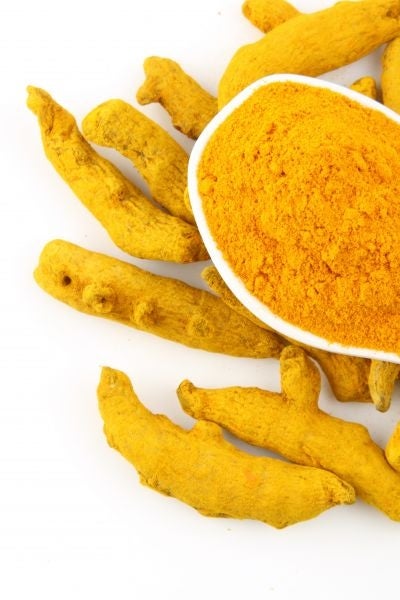Your support helps us to tell the story
From reproductive rights to climate change to Big Tech, The Independent is on the ground when the story is developing. Whether it's investigating the financials of Elon Musk's pro-Trump PAC or producing our latest documentary, 'The A Word', which shines a light on the American women fighting for reproductive rights, we know how important it is to parse out the facts from the messaging.
At such a critical moment in US history, we need reporters on the ground. Your donation allows us to keep sending journalists to speak to both sides of the story.
The Independent is trusted by Americans across the entire political spectrum. And unlike many other quality news outlets, we choose not to lock Americans out of our reporting and analysis with paywalls. We believe quality journalism should be available to everyone, paid for by those who can afford it.
Your support makes all the difference.Studies on animals suggest that a new hybrid drug, made in part from the chemical in the yellow spice turmeric, could help regenerate brain cells after a stroke, US researchers said Wednesday.
The molecular compound is made with curcumin, a natural yellow pigment that originates from a perennial herb called Curcuma longa and is popular in South Asian and Middle Eastern foods, particularly curries.
Human trials on the drug, which works by restoring pathways that feed neurons, could begin soon, according to scientist Paul Lapchak of Cedars-Sinai Medical Center.
The new drug does not attack clots, but if administered to rabbits in one hour, which translates to three hours in human time, it "reduced stroke-caused 'motor deficits' - problems of muscle and movement control," the study said.
The hybrid compound, CNB-001, "crosses the blood-brain barrier, is quickly distributed in the brain, and moderates several critical mechanisms involved in neuronal survival," Lapchak said.
Lapchak presented the findings at the American Heart Association International Stroke Conference.
The spice by itself has proven problematic because it could not absorb well in the body or reach its target in high concentrations.
It was also naturally blocked from entering the brain by the protective mechanism called the blood-brain barrier.
Currently there is only one approved drug treatment for ischemic stroke, which is caused by a blockage of blood flow to the brain.
Known as a tissue plasminogen activator (tPA), the drug is injected intravenously to dissolve clots and reinstate blood flow.
A separate study published in Britain last year suggested curcumin could help alleviate liver damage in mice.

Join our commenting forum
Join thought-provoking conversations, follow other Independent readers and see their replies
Comments